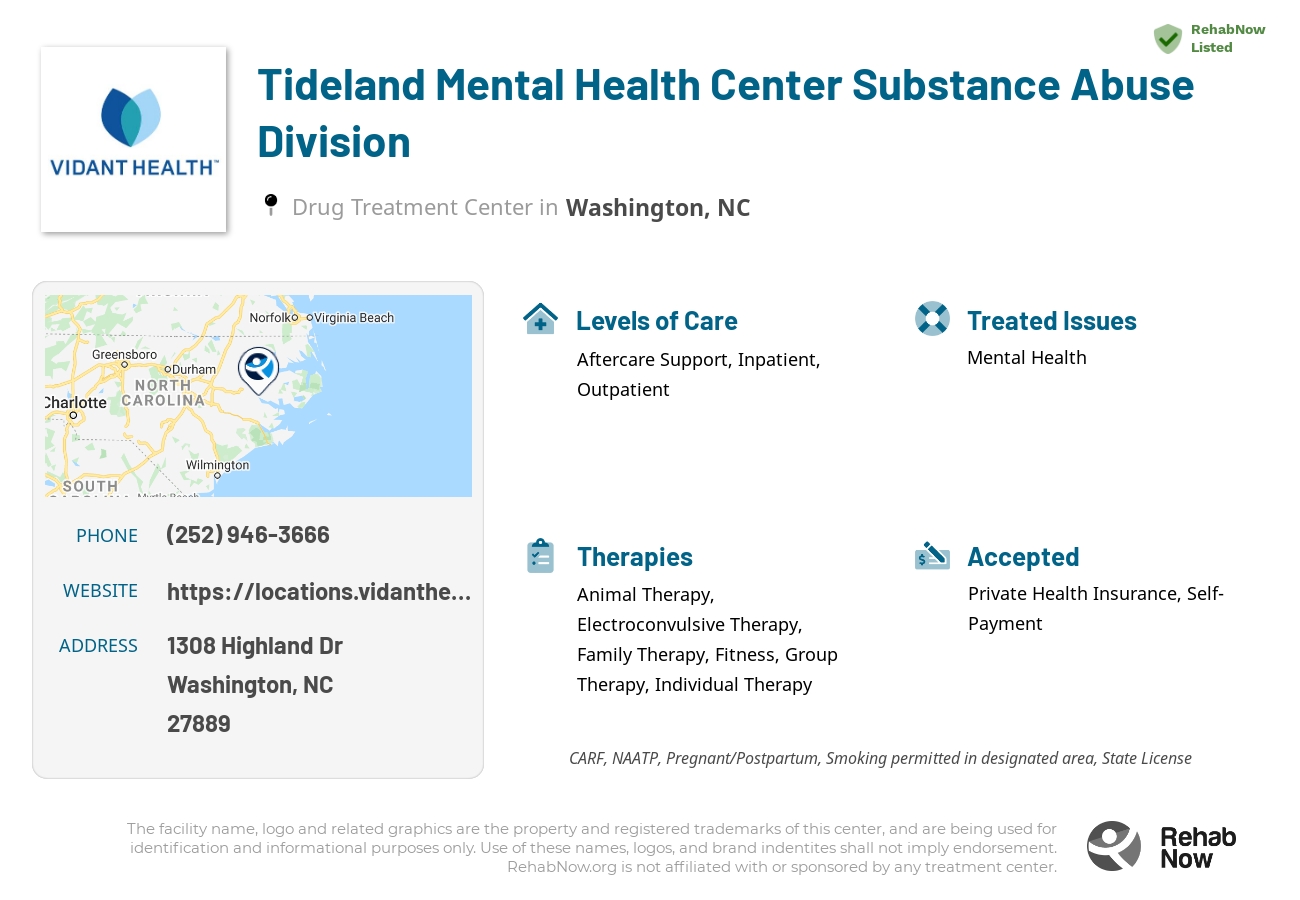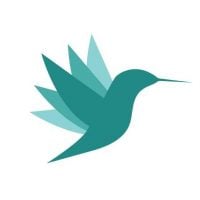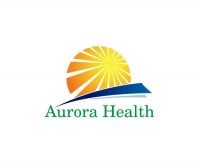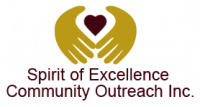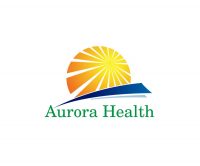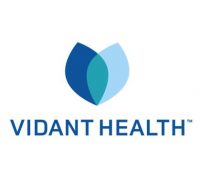
Tideland Mental Health Center Substance Abuse Division
Drug Rehab Center in Washington, North Carolina
- Mental Health
Tideland Mental Health Center Substance Abuse Division in Washington, North Carolina offers comprehensive addiction and substance abuse services, including assessments, counseling, aftercare, and family support, as well as evidence-based treatment practices and extensive training programs.
About This Washington, NC Facility
Tideland Mental Health Center Substance Abuse Division in Washington, North Carolina is dedicated to helping those struggling with addiction. This facility offers a comprehensive range of services for addiction and substance abuse which are designed to help individuals develop sustainable skills to overcome this disorder. Their objective is to provide the utmost professional and compassionate care to those with chemical dependency and their families.
Services provided by Tideland Mental Health Center Substance Abuse Division include comprehensive assessments, individual and group counseling, relapse prevention, aftercare, and family support. The staff also provides education on addiction, plus mental health and co-occurring disorder services. As part of their commitment to helping those in recovery, the center offers a range of activities to help individuals build support networks and develop healthy coping skills.
In addition to the above, Tideland Mental Health Center Substance Abuse Division is accredited by both The Joint Commission and the State of North Carolina. They have also been awarded numerous accreditations and certifications which reflect the center's commitment to providing the highest quality care to patients. Furthermore, they offer a variety of evidence-based treatment practices and have extensive training programs in order to provide the best possible care to those seeking help.
Genders
Ages
Modality
Additional
Conditions and Issues Treated
Levels of Care Offered
This center offers a variety of custom treatment tailored to individual recovery. Currently available are Aftercare Support, Inpatient, Outpatient, with additional therapies available as listed below.
An inpatient is a person who stays in a hospital or rehab center during treatment. For alcohol- and drug-dependent individuals, inpatient rehabs provide individualized around-the-clock services. Inpatient treatment programs address a person’s unique physical, medical, and psychological needs. A team of experts assess the severity of the addiction and design a highly tailored program. typically, the length of stay in an inpatient facility in Washington, NC is 30 days. Those with severe addiction may need to stay at the facility for 60 to 90 days.
Outpatient rehabilitation is a treatment that exists if a patient is not checking into Tideland Mental Health Center Substance Abuse Division long term. In addition to helping them recover, the patient attends regular therapy sessions and detox and participates in other therapies. However, this is all primarily done from home. As a follow-up to inpatient treatment, outpatient treatment is usually recommended.
After rehabilitation, it helps people return to their everyday lives. It may also be an alternative to inpatient care in some situations. If they cannot leave their jobs, children, or don’t have the money for inpatient care, people can choose this method. Inpatient therapy, however, is the best method and most suggested level of treatment offered by Tideland Mental Health Center Substance Abuse Division in recovering from addiction.
Tideland Mental Health Center Substance Abuse Division‘s Therapies & Programs
Customized individual therapy is counseling involving you and your counselor at Tideland Mental Health Center Substance Abuse Division. This builds a personal and trusting relationship so you can truly be yourself and express any emotions as you feel them. Individual therapy leads to greater peace and understanding about your triggers for addiction and coping strategies to prevent relapse.
Group Therapy is a type of counseling that occurs between a bunch of strangers. These groups are suitable for patients who are not confined in a treatment facility, but group sessions are also common in inpatient rehab programs. Group therapy is led by a trained individual at Tideland Mental Health Center Substance Abuse Division in Washington, NC and consists of members from different stages of recovery.
The goal of group therapy sessions is to foster hope and a sense of belonging, share information, and learn coping mechanisms. It also helps to have people who can relate to what you’re going through. Good behaviors can also be contagious, and participants can learn from one another.
Cognitive Behavioral Therapy (CBT) is an approach and method in psychotherapy. Tideland Mental Health Center Substance Abuse Division asks people to investigate how their thoughts, including habitual, negative, and inaccurate ways of thinking affect behaviors. CBT is based on the idea that rigid, inflexible ways of thinking cause people to have a limited ability to cope with stress
Patient Experience
Fitness Therapy
Exercise is a great way to boost mental and physical health. Addicts are encouraged to engage in fitness therapy provided by Tideland Mental Health Center Substance Abuse Division to help their body recover from the harms of addiction. It also improves mood and serves as a distraction making them less likely to use.
Payment Options Accepted
For specific insurance or payment methods please contact us.
Is your insurance accepted?
Ask an expert, call (888) 674-0062
Vidant Roanoke Associated Centers
Discover treatment facilities under the same provider.
- Vidant Duplin Hospital in Kenansville, NC
- Vidant Roanoke - Behavioral Health in Ahoskie, NC
- Vidant Beaufort Hospital - Behavioral Health Center in Washington, NC
Learn More About Vidant Roanoke Centers
Additional Details
Specifics, location, and helpful extra information.
Washington, North Carolina 27889 Phone Number(252) 946-3666 Meta DetailsUpdated November 25, 2023
Staff Verified
Patient Reviews
There are no reviews yet. Be the first one to write one.
Washington, North Carolina Addiction Information
North Carolina ranks 29th in the nation for overall substance abuse. Many of the drugs abused in the state are illicit, and many of these are opioids. Prescription opioids are readily available due to the high rates of medical workers prescribing them. The number of prescriptions has increased tenfold since the 1980's. Opioid overdoses are the most common type of death in North Carolina.
Washington, NC is facing a drug and alcohol addiction crisis. When it comes to drugs, alcohol is the most commonly abused substance in Washington, NC. This is followed by marijuana, cocaine, heroin, and prescription drugs. There is a wide variety of treatment programs available in Washington, NC. Some of the most common types of treatment programs include inpatient, outpatient, and 12-step programs.
Treatment in Nearby Cities
- Black Mountain, NC (297.3 mi.)
- Winterville, NC (20.6 mi.)
- Summerfield, NC (167.1 mi.)
- Black Creek, NC (50.8 mi.)
- Star, NC (155.1 mi.)
Centers near Tideland Mental Health Center Substance Abuse Division



The facility name, logo and brand are the property and registered trademarks of Tideland Mental Health Center Substance Abuse Division, and are being used for identification and informational purposes only. Use of these names, logos and brands shall not imply endorsement. RehabNow.org is not affiliated with or sponsored by Tideland Mental Health Center Substance Abuse Division.

